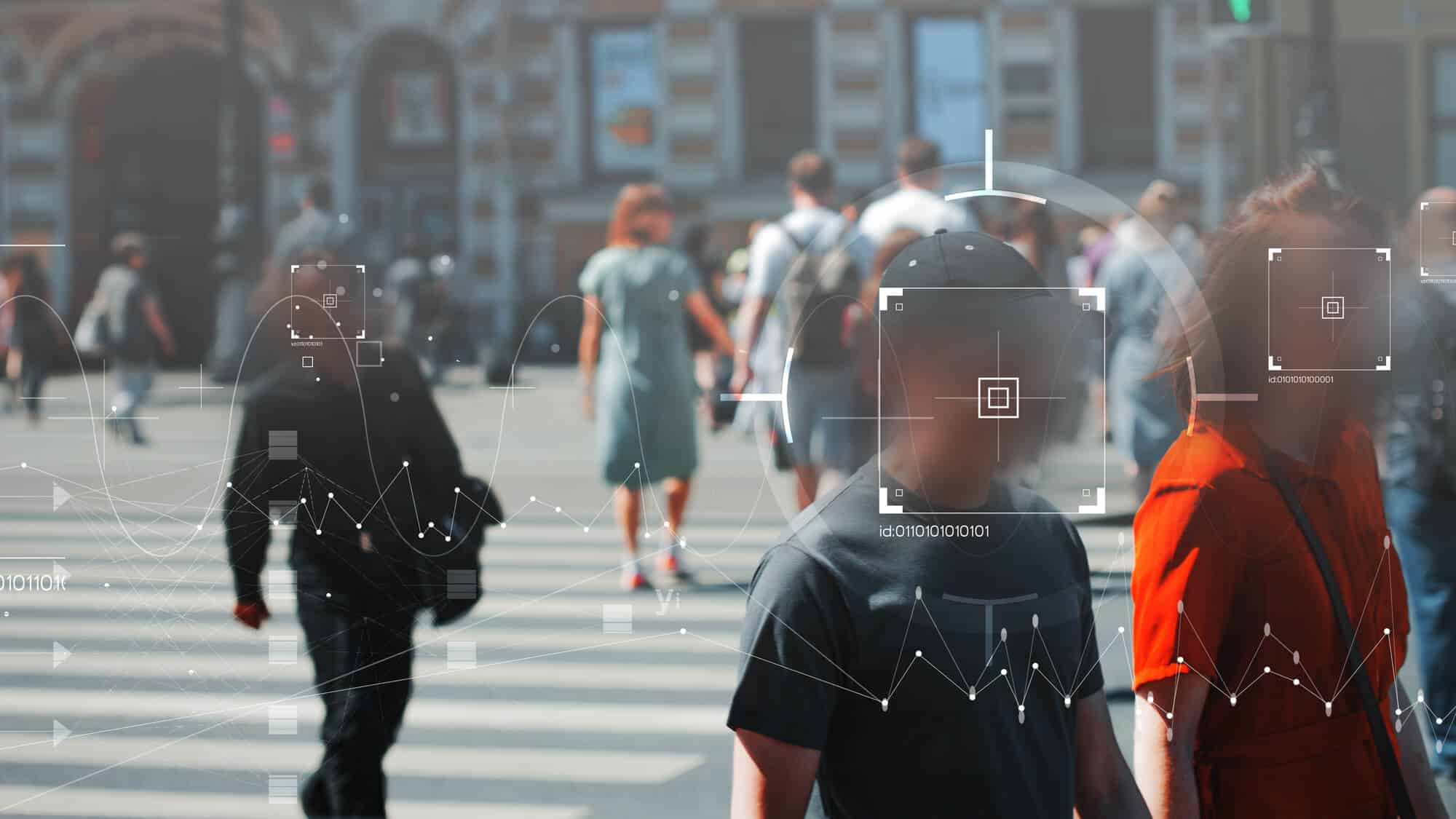According to Prof. Zvi Ganel from Ben Gurion University, one of the researchers involved in the study The growing interest in age estimation using artificial intelligence (AI) technology raises the question of how AI compares to human performance and whether it suffers from the same biases

Artificial intelligence seems to be becoming more and more useful in every field that technology dominates these days. In general, also age estimation based on human faces. This data may be used in the future by factors that require age identification, for example as a condition of entry or purchase of alcohol. Researchers from Ben-Gurion University of the Negev and the University of Western Ontario in Canada tested whether there is a difference between human judgment and AI and discovered that artificial intelligence suffers from the same biases that exist in human judgment of age, but to a more severe degree. The study was published in the journal Scientific Reports.
Human estimates of a person's age based on their facial appearance are characterized by significant inaccuracies and biases. As artificial intelligence integrates into our lives, including age recognition based on facial appearance, the researchers raised the question - can artificial intelligence overcome these biases?
the researchers, Prof. Zvi Ganel from the psychology department, Prof. Carmel Sofer from the Department of Neuroscience and Cognition, both from Ben-Gurion University of the Negev, together with Prof. Melvin Goodale from the University of Western Ontario in Canada, collected AI performance data during 2020–2022. They provided a representative set of 21 leading artificial intelligence technologies (such as Microsoft, Amazon, Everypixel and more), commercial and non-commercial, for age estimation from a face. The performance of the artificial intelligence was compared to the performance of 30 undergraduate students from Ben Gurion University of the Negev.
The results indicated that the AI is less accurate and more biased than human observers when judging a person's age. For example, humans tend to judge smiling faces as older compared to the faces of the same people with a neutral expression, and are less accurate in age judgments of older faces. Contemporary AI technologies show the same biases and inaccuracies, but to an exaggerated degree relative to humans.
” The growing interest in age estimation using artificial intelligence (AI) technology raises the question of how AI compares to human performance and whether it suffers from the same biases. "Comparing human performance with the performance of what are considered to be the best artificial intelligence technologies available today indicated that all human biases and inaccuracies are also present in AI, but in a more acute way," he noted. Prof. Zvi Ganel. "These results indicate that our estimates of age from faces are largely driven by visual cues such as wrinkles, pigmentation, hair color and facial structure, rather than by prejudice or expectations."
Beyond the data obtained from the study, the patterns of errors and biases discovered in the results can provide several insights into how AI technologies for estimating the age of faces can be improved." Smiling faces are perceived as older and less accurately than neutral faces, women's faces are perceived less accurately than men's faces. These are data that we previously showed in human subjects and now we understand that this phenomenon exists and in a stronger form in AI as well, compared to human subjects. With this understanding, it is possible to make more effective use of existing AI technologies", Prof. Ganel concluded.
More of the topic in Hayadan:
- IBM is launching a service that will warn against biases in artificial intelligence applications and systems
- A report submitted for public comment seeks to apply ethics rules to the field of artificial intelligence
- Interview: artificial intelligence, autonomous cars and understanding the "music" of speech
- "The fact that something can be done with artificial intelligence does not mean that it should be done"

3 תגובות
The system does not censor, it sometimes passes comments it suspects for the editor's review. Your comment has been released
I wrote before and for some reason my comment was deleted.
Well, basing a study on a homogeneous community of only 30 students and comparing the results of their subjective diagnosis against an artificial intelligence based on billions of records, is not really a comprehensive study on an academic scale.
I would appreciate an educated response rather than censoring and deleting this response.
Best regards, Yuval
Basing a study on the subjective opinion of 30 students who study together, is really not science in my opinion. At most an anecdote..
Big data on which an artificial intelligence model is trained relies on billions of samples.
A proper comparison could perhaps be made against a representative percentage of diverse populations of different ages from different countries and cultures, or then it might be possible to obtain somewhat reliable data.